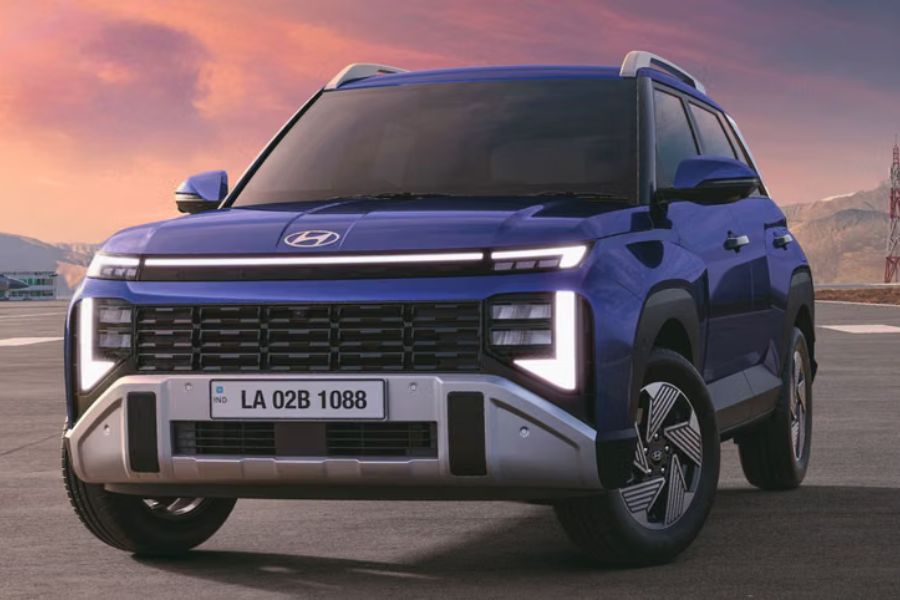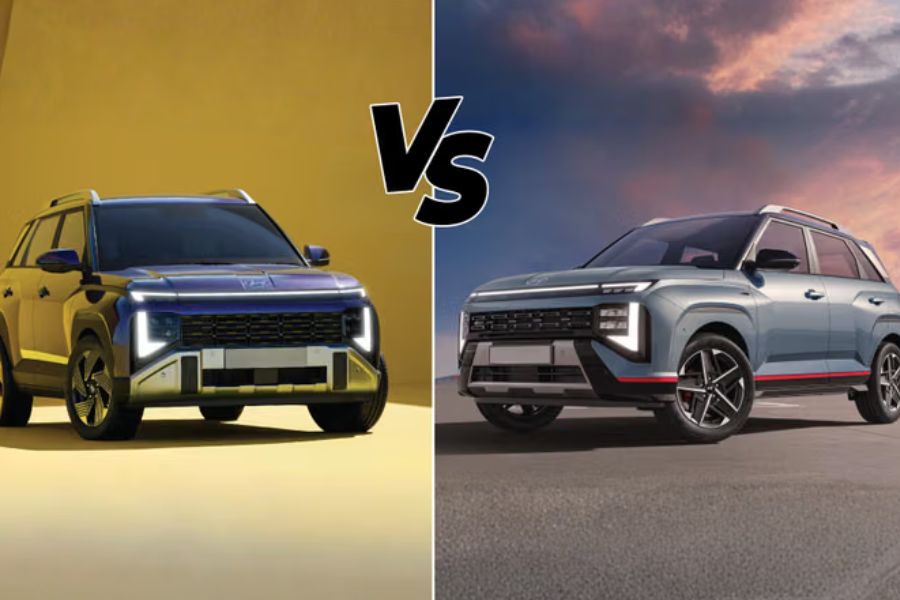Luxury, performance, technology, and comfort come head-to-head when comparing the Mercedes-Benz GLC and BMW X3. These German SUVs dominate the premium midsize segment, but each caters to different preferences. Let’s break down how they perform across key areas to help you decide which one suits your lifestyle best.
Engine & Performance
Mercedes GLC 300
-
2.0L turbocharged petrol with 48V mild-hybrid
-
Power: 258 hp | Torque: 295 lb-ft
-
0–100 km/h in ~6.2 seconds
BMW X3 xDrive30i
-
2.0L turbocharged petrol
-
Power: 248 hp | Torque: 258 lb-ft
-
0–100 km/h in ~6.0 seconds
Verdict:
The BMW X3 feels more athletic, offering sharper throttle response and engaging steering. The GLC counters with refined power delivery and smoother ride quality—ideal for comfort-focused buyers.
Ride & Handling
BMW X3
-
Firm suspension setup
-
Tighter steering and agile cornering
-
Better for spirited driving and highway dynamics
Mercedes GLC
-
Comfort-biased suspension
-
More forgiving on rough roads
-
Superior noise insulation and cabin comfort
Verdict:
Go with the X3 if you love sporty driving. The GLC is better suited for relaxed cruising and urban commutes.
Interior, Space & Tech
| Feature | Mercedes GLC | BMW X3 |
|---|---|---|
| Dashboard | Elegant wood/metal trims, MBUX UI | Sleek design, dual screens with iDrive |
| Infotainment | 11.9″ touchscreen, intuitive layout | 14.9″ curved display, more complex |
| Seat Comfort | Plush seats, seat kinetics function | Better bolstering & under-thigh support |
| Boot Space | 620L (largest in segment) | ~570L with spare wheel |
| Rear Seat Comfort | Slightly more legroom | Adjustable backrest, tighter width |
The GLC leads in luxury and practicality. The X3’s minimalist layout and seat adjustability win over driving purists.
Mileage & Fuel Efficiency
-
Mercedes GLC 300 (Mild Hybrid): ~13–14 km/l
-
BMW X3 xDrive30i: ~11–12 km/l
Verdict:
Thanks to its mild-hybrid system, the GLC is slightly more fuel efficient than the X3 in real-world usage.
Safety & Driver Assistance
Both SUVs come with top-rated safety features like:
-
Multiple airbags
-
ABS with EBD
-
Adaptive cruise control
-
Lane-keeping assist
-
Blind-spot monitoring
Mercedes GLC (with optional package):
-
Adds semi-autonomous driving features, 360° camera, and evasive steering assist
BMW X3 (with Driving Assistance Pro):
-
Lane-centering, traffic jam assist, and front-collision warning
Verdict:
Mercedes takes the edge with a more advanced autonomous system and better calibration for Indian road conditions (if equipped).
Maintenance, Reliability & Ownership
BMW X3:
-
Lower long-term maintenance
-
Better resale value
-
Fewer software glitches reported
Mercedes GLC:
-
Premium service costs
-
Superior after-sales in metro cities
-
Occasional infotainment lag reported
Verdict:
If you’re concerned about service and long-term reliability, the X3 edges ahead slightly. But the GLC offers a more premium ownership feel.
Which One Should You Buy?
Choose the Mercedes GLC if you want:
-
Supreme ride comfort
-
A plush and luxurious cabin
-
Slightly better fuel economy
-
Advanced driver assistance tech
Choose the BMW X3 if you want:
-
Engaging drive with sporty dynamics
-
Better seat ergonomics and adjustability
-
Slightly better reliability & lower maintenance
Final Verdict
Both the Mercedes GLC and BMW X3 are leaders in their class. If you prioritize comfort, technology, and sophistication, the GLC should be your top pick. If performance, handling, and driver engagement are more important, the X3 will not disappoint.
Read More:




